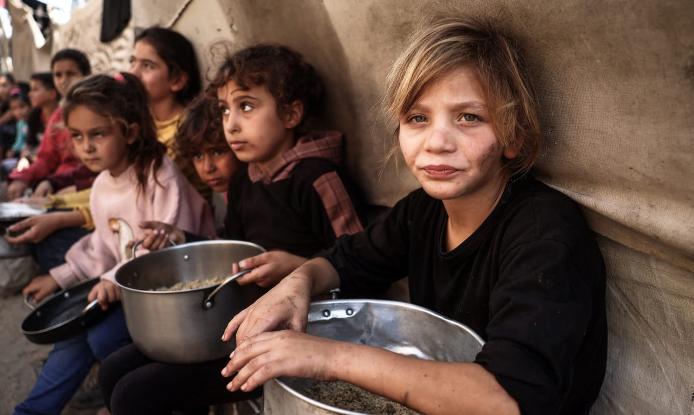
Deepening Health Crisis in Gaza: Implications and Responses for Global Public Health
Gaza has been engulfed in a humanitarian crisis that has intensified due to ongoing conflicts, significantly impacting the region’s health infrastructure and its ability to cope with emergencies. The World Health Organization (WHO) and the United Nations have sounded alarms over the deepening health crisis in Gaza following recent mass casualty events. This situation is exacerbating an already fragile healthcare system, leading to profound implications for global public health and humanitarian aid frameworks.
Key Factors Contributing to the Health Crisis
The acute health crisis in Gaza is driven by several factors:
- Conflict-Related Injuries: Ongoing hostilities have resulted in a high number of casualties, placing an impossible burden on medical facilities that are already working with limited resources.
- Resource Limitations: Medical supplies, fuel, and electricity are in short supply, hindering the hospitals’ ability to provide necessary care, from routine services to critical emergency operations.
- Infrastructure Damage: Many healthcare facilities have been damaged or destroyed, further limiting access to necessary medical provisions and exposing the remaining operational facilities to overcrowding and overuse.
Challenges in Delivering Aid
Delivering humanitarian aid in Gaza faces numerous hurdles:
- Accessibility Issues: Continuing blockades and security concerns make it difficult for international agencies to deliver aid effectively and safely.
- Administrative Delays: Bureaucratic barriers and the need for coordination among various agencies slow down the aid delivery processes.
Global Implications
The escalating health crisis in Gaza holds broader implications:
- Increased Migration: As living conditions continue to deteriorate, there may be significant emigration from the region, potentially leading to increased pressure on neighboring healthcare systems and economies.
- Spread of Infectious Diseases: Overcrowded conditions and inadequate healthcare increase the risk of disease outbreaks, with potential cross-border implications.
Responses and Strategic Actions
Addressing the crisis requires coordinated action at multiple levels:
- Enhanced Medical Support: International health organizations must amplify efforts to provide medical aid, ensuring that critical supplies reach affected areas promptly.
- Strengthening Regional Health Systems: There is a need for a concerted effort to bolster local healthcare infrastructure to better withstand current and future emergencies.
- Policy Advocacy: Advocacy groups should continue to push for policies that facilitate humanitarian access and the rebuilding of essential services in conflict zones.
Conclusion
The situation in Gaza reflects a confluence of health, political, and humanitarian challenges that emphasizes the need for robust, coordinated international responses. As global communities, it is crucial to focus not only on immediate relief efforts but also on long-term strategies that ensure health system resilience and sustainable development, safeguarding against such crises in the future. Sustainable solutions and policy changes are imperative to mitigate the impact on vulnerable populations and ensure access to essential health services in times of crisis.
For further details, the UN News provides additional insights into ongoing efforts and the current situation in Gaza.



